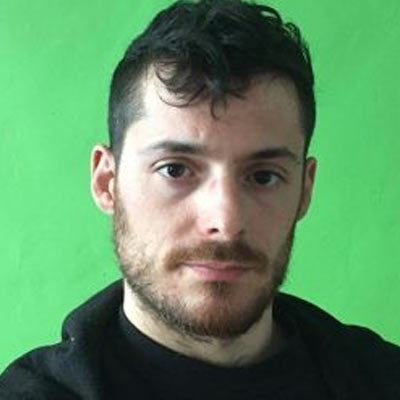Presenter

Léo Pio-Lopez
Léo Pio-Lopez is a computational biologist, and Senior Scientist in the Allen Discovery Center at Tufts University. He earned a dual Ph.D. in Electronics and Systems from Blaise-Pascal University in Clermont-Ferrand (France), and Psychology and Cognitive Science from La Sapienza University in Rome (Italy) focusing on brain-inspired predictive control in artificial and biological systems. Then, he pursued a postdoc on the development of new machine learning methods for network medicine and drug discovery at the Institute of Mathematics, Marseille (France). In 2021, he joined the Levin Lab, where his research now centers on three primary areas of life and cognition: The evolution and basal cognition of morphogenetic systems. He investigates the computational properties governing the scaling of cognition via homeostasis and bioelectricity. He utilizes machine leaning, neural networks and evolutionary algorithms to elucidate the principles of collective and multi-scale computation leading to higher cognition. - The bioinformatics of xenobots, regeneration, cancer and aging. He collaborates closely with biologists, employing machine learning and data science to comprehend the genetic and bioelectrical dynamics underlying these different biological processes. The development of new AI methods to biology and drug discovery and the integration of principles of biology in new AI architectures. His research has the long-term goal to allow new capabilities in collective AI, regenerative medicine and aging interventions.
Abstract:
In this talk, Leo Pio-Lopez of the Levin Lab explores the intersection of bioelectricity and goal-directed behavior in biological systems. Drawing from ongoing research in the lab of Michael Levin, the presentation challenges traditional views of intelligence and coordination in living organisms, proposing that bioelectric signaling plays a crucial role in pattern formation, repair, and decision-making at multiple scales. By reframing our understanding of how biological systems encode and act on information, this work offers a provocative lens on developmental biology, regenerative medicine, and the broader study of intelligence in life.